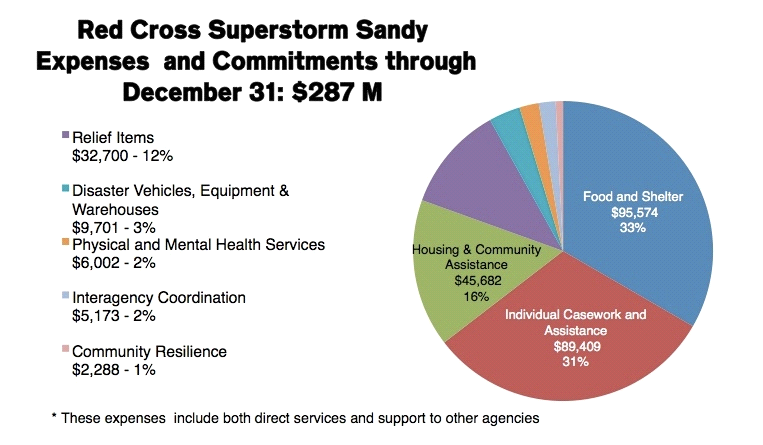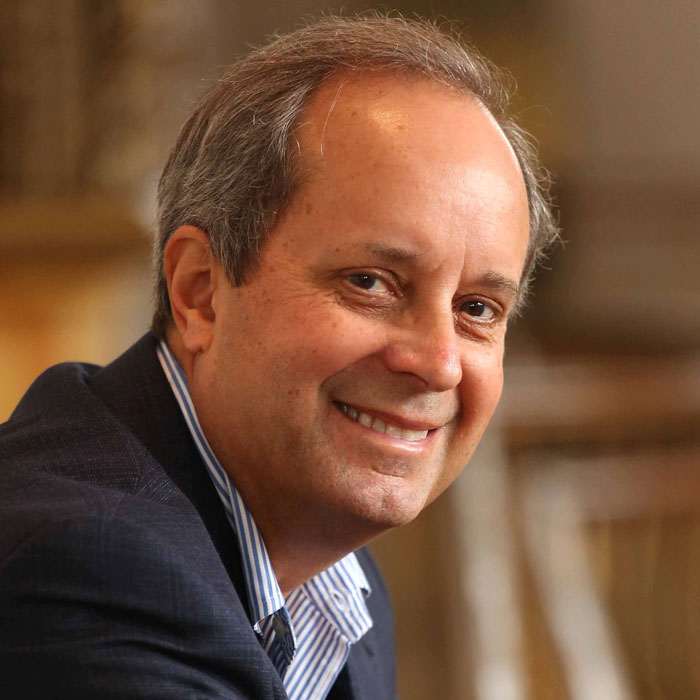Disaster Philanthropy Lessons From a Foundation Executive in New Jersey
While at the GEO conference, I participated in a seminar on disaster philanthropy moderated by Debra Jacobs, president of The Patterson Foundation (and a generous supporter of CDP) which also included Molly de Aguiar, Director of Media & Communications for the Geraldine R. Dodge Foundation of New Jersey. Molly gave a terrific presentation and I […]
While at the GEO conference, I participated in a seminar on disaster philanthropy moderated by Debra Jacobs, president of The Patterson Foundation (and a generous supporter of CDP) which also included Molly de Aguiar, Director of Media & Communications for the Geraldine R. Dodge Foundation of New Jersey.
Molly gave a terrific presentation and I asked her permission to share some of her observations from working in the trenches over the last year since Sandy struck New Jersey.
Molly pointed out that she and her Foundation had never dealt with a disaster before, so it took her Foundation a while to figure out what to do (something CDP is working to help organizations address with a new Disaster Playbook to be lunched later this year.) So, where to begin? Molly suggested three important steps before you begin acting after a disaster:
- Identifying your existing partners;
- Asking yourself who should be your new partners; and
- Asking how can you avoid duplicating efforts.
Immediately following the storm, the Dodge Foundation contributed $1 million to the Community Foundation of New Jersey to help establish the New Jersey Recovery Fund, to create a central coordinating entity for private philanthropy in New Jersey. Ultimately, the Fund would raise about $7 million from about 25 foundation donors as well as a number of individuals.

In addition, the Dodge Foundation made a very savvy decision to grant $250,000 to its own grantees with serious needs or damage within weeks after the storm.
The New Jersey Recovery Fund had five priorities:
- Support of communications and community information needs about the recovery process ;
- Support of policy reform efforts to support resiliency;
- Support of community and regional planning;
- Support of environmental protection and restoration plans; and
- Support of participatory arts projects.
So what would Molly do different now that she’s had a year to think about it and what advice would she give to new disaster philanthropists? SLOW Down.
- Remember, she said, recovery is a marathon, and not a sprint. She suggested before getting started in responding to a disaster, a foundation ought to take some time to do the following:
- Understand the needs of the community and the nonprofit organizations providing service;
- Bring in experts with experience in disaster philanthropy;
- Identify the opportunities for impact.
- Think about the ultimate outcomes of your work; and
- Set goals and plan backwards.
Know before you begin what you want to accomplish and be sure to identify what it will take to accomplish your goals.
If you’d like to ask Molly some more questions, you can write to her at mdeaguiar@grdodge.org. Learn more about the Geraldine R. Dodge Foundation and the New Jersey Recovery Fund.
More like this

